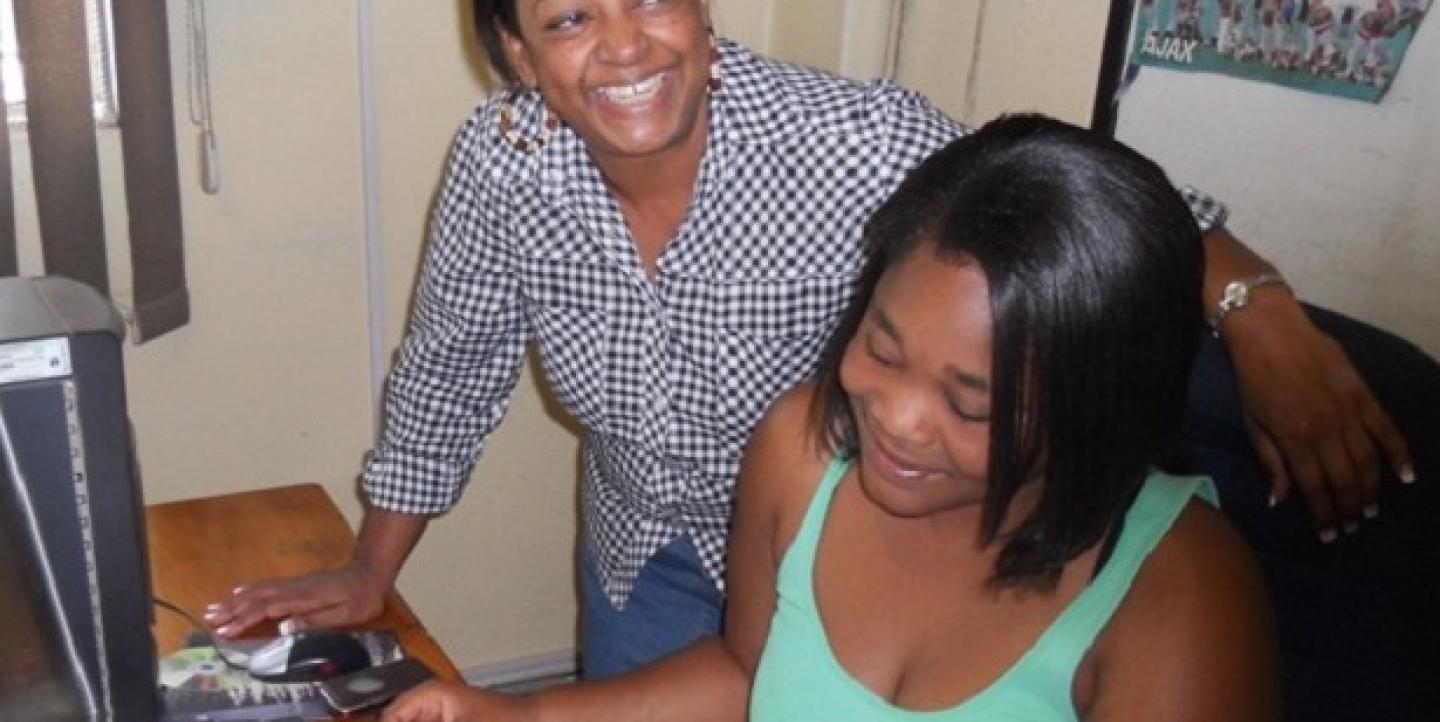Health journalism can be a tricky beat to cover because the issues are usually sensitive in nature and involve technical jargon, but Zarina Geloo has created a flourishing career out of it.
Geloo is a Knight Fellow in Zambia aiming to improve health coverage. Currently training journalists to report on tobacco control, she also coordinates the Forum for Health Writers, an association of health journalists in Zambia.
Geloo shared techniques with IJNet that she uses to find sources, ideas and the root of a story:
-
When a person is admitted to the hospital, a relative or someone close has to be on hand 24/7. Families usually take turns. I tell reporters that while they are on 'duty' they can chat to staff or even the person on the next bed, not necessarily for information for a story, but to assimilate the atmosphere of the hospital, get to know the care providers and which experience and contacts they can draw upon for later stories.
-
[Attend] functions where lots of women gather for long periods, like kitchen parties or bridal showers, hair salons or beauty parlors. Invariably the discussion will veer towards lifestyle, nutrition, reproductive health and treatment. At many of these places, there are professional women like doctors and nurses who dispense on-the-spot advice. I give them my card and follow up with them even if I don’t need them for a story right then; I keep their details for future reference. I have built up a large data base that way.
-
When I have to attend a funeral, I sit as close enough to the bereaved person or family as possible in order to hear how that person died. In Zambian culture, the bereaved family has to narrate how a person died to each mourner that comes to the wake. The discussion invariably leads to illnesses. I have made contact with many people as victims or affected persons of a particular disease at these places. I also have met doctors and medical practitioners.
-
I encourage journalists to keep a contact book and not to rely on their mobile phone memory card. A simple thing, but many journalists find it hard to do and have lost their databases of important contact numbers when they lose their phone.
- By far, the most important lesson I have learned over the years is that journalism is not a job, it is a way of life. There are stories wherever you look, you just have to keep your eyes and ears open (and your mouth shut of course!).

